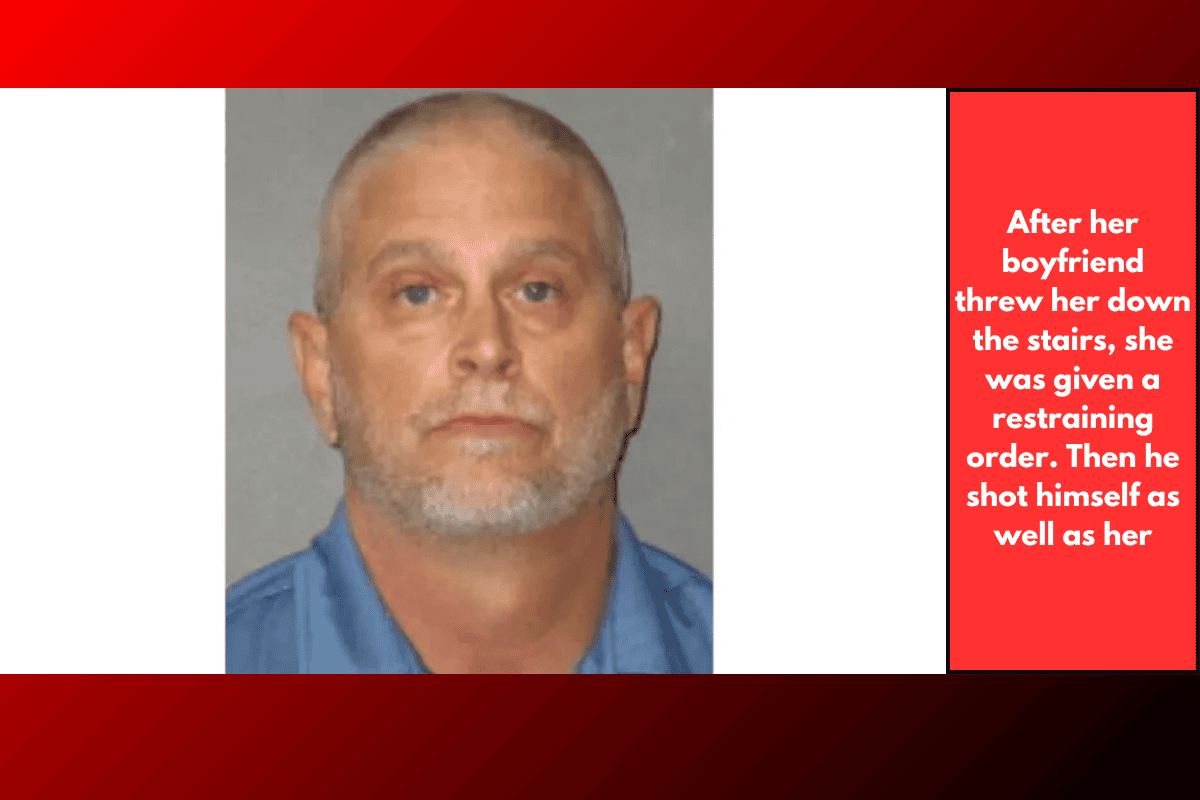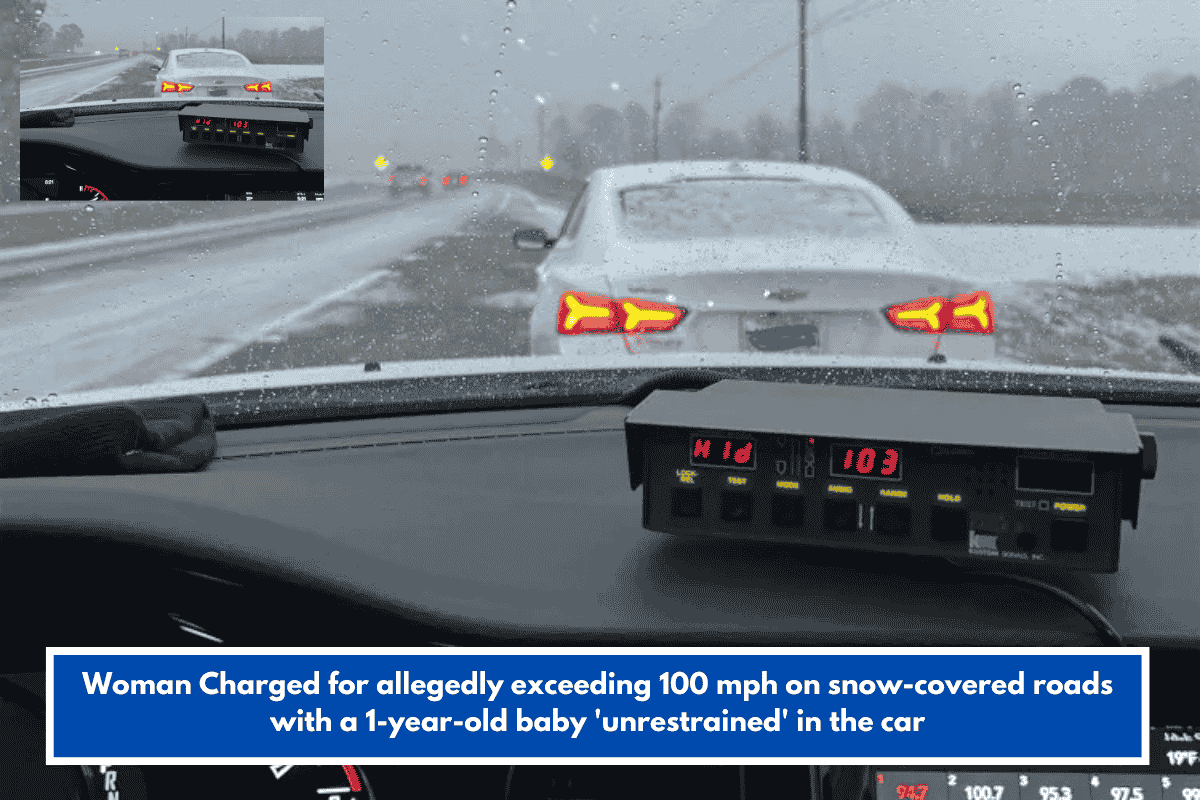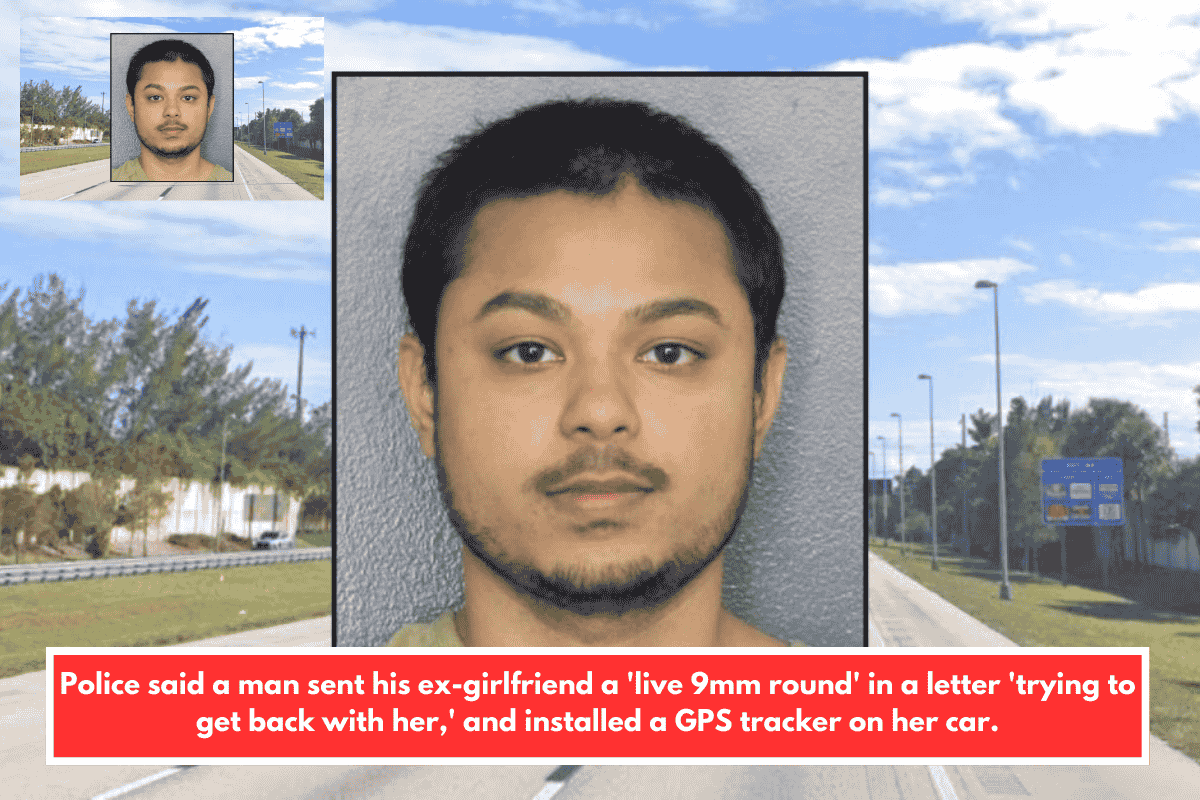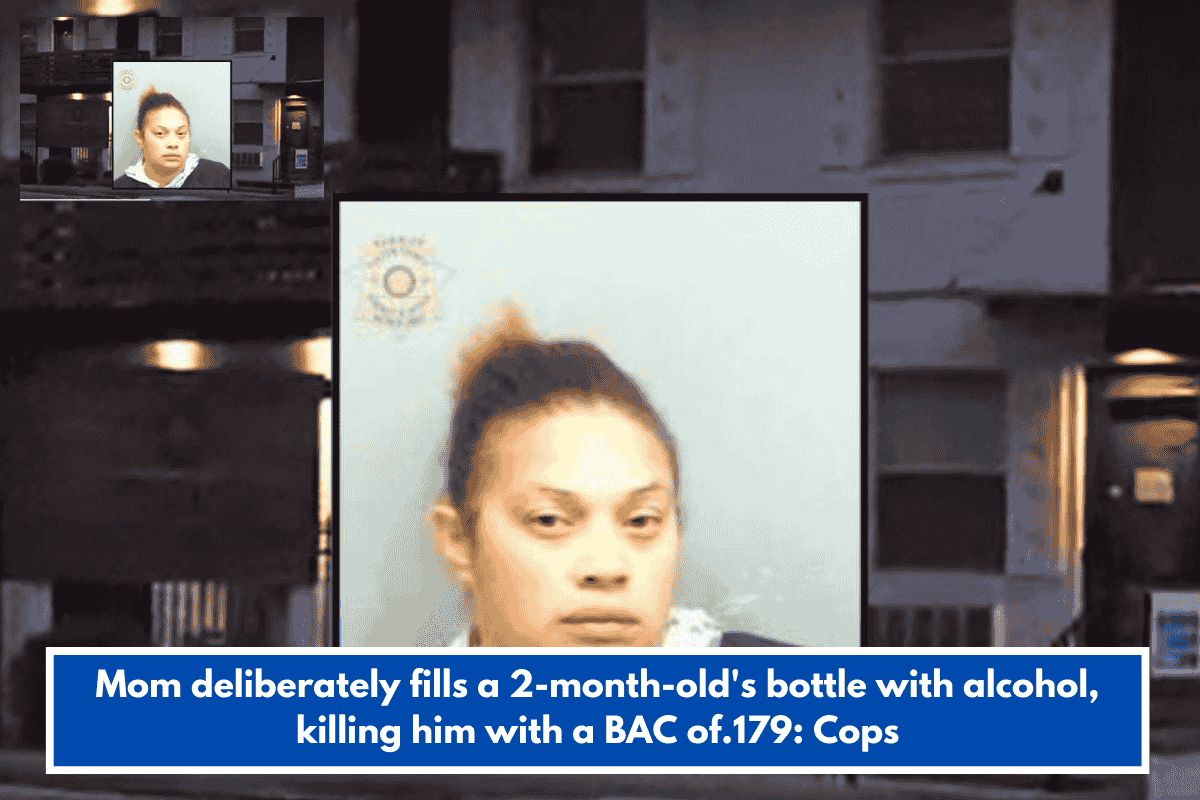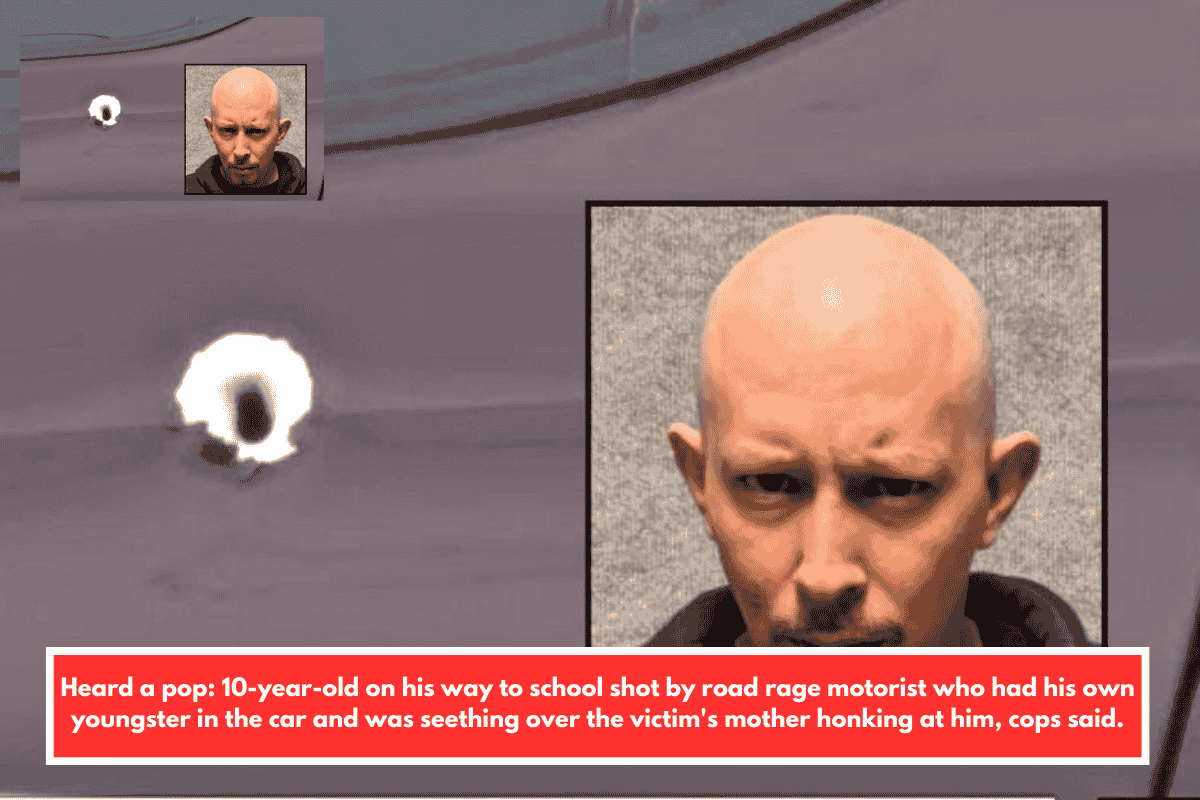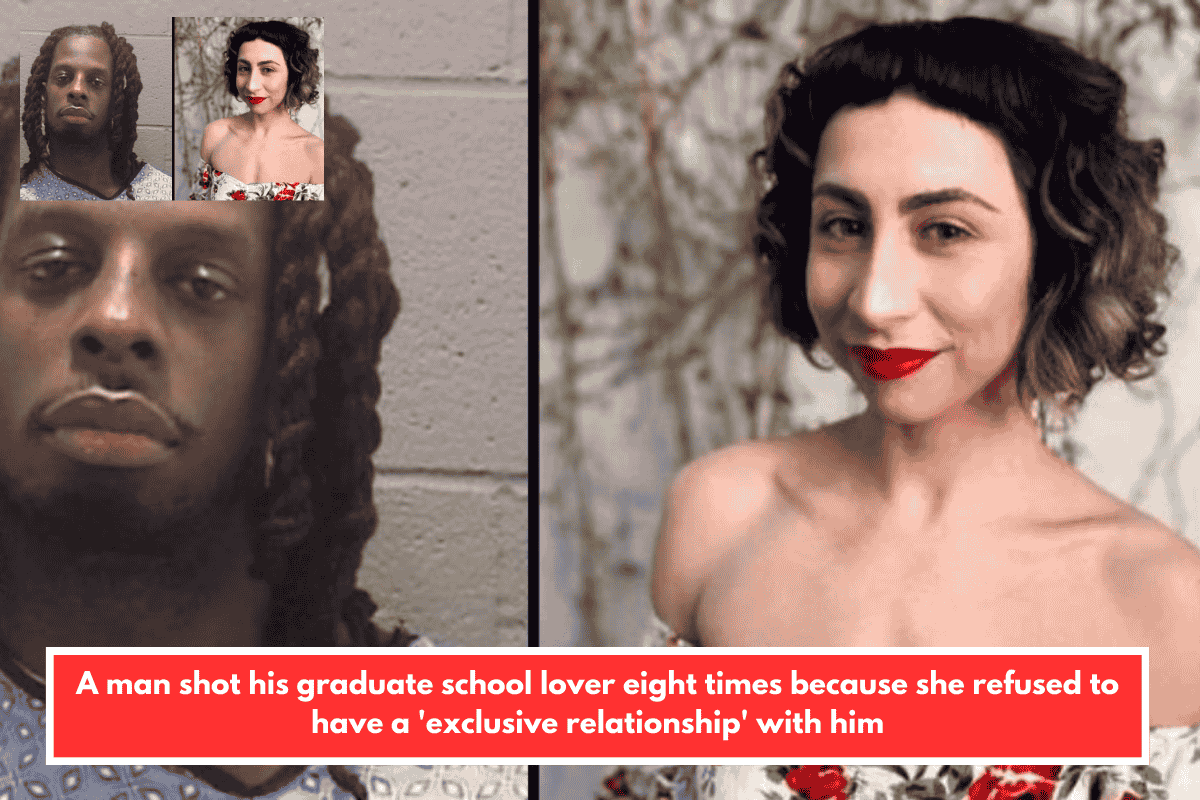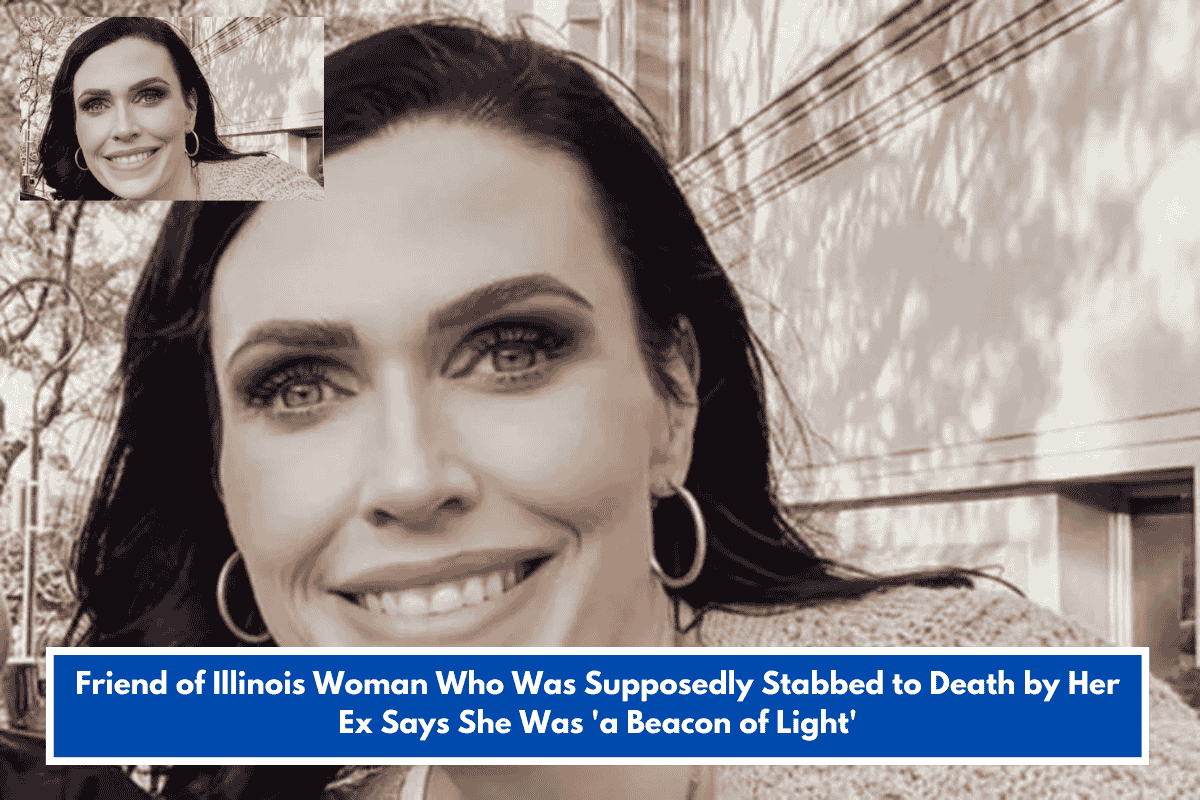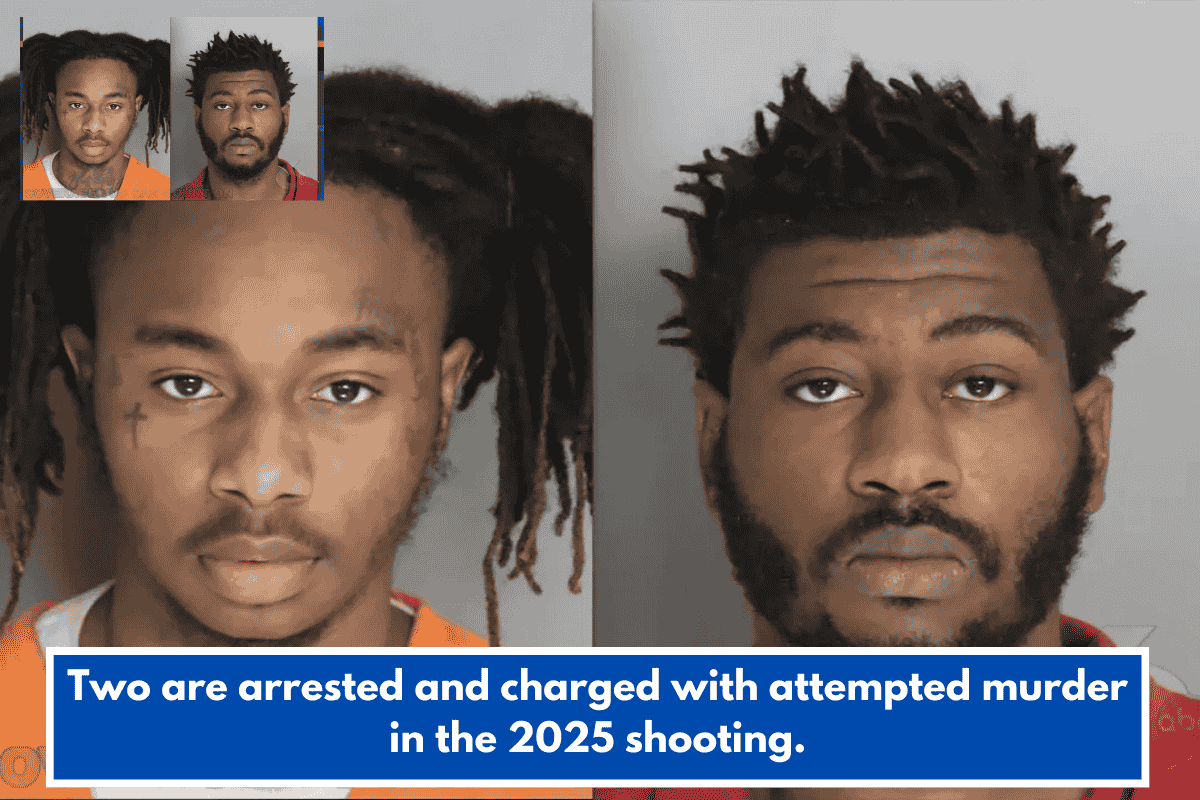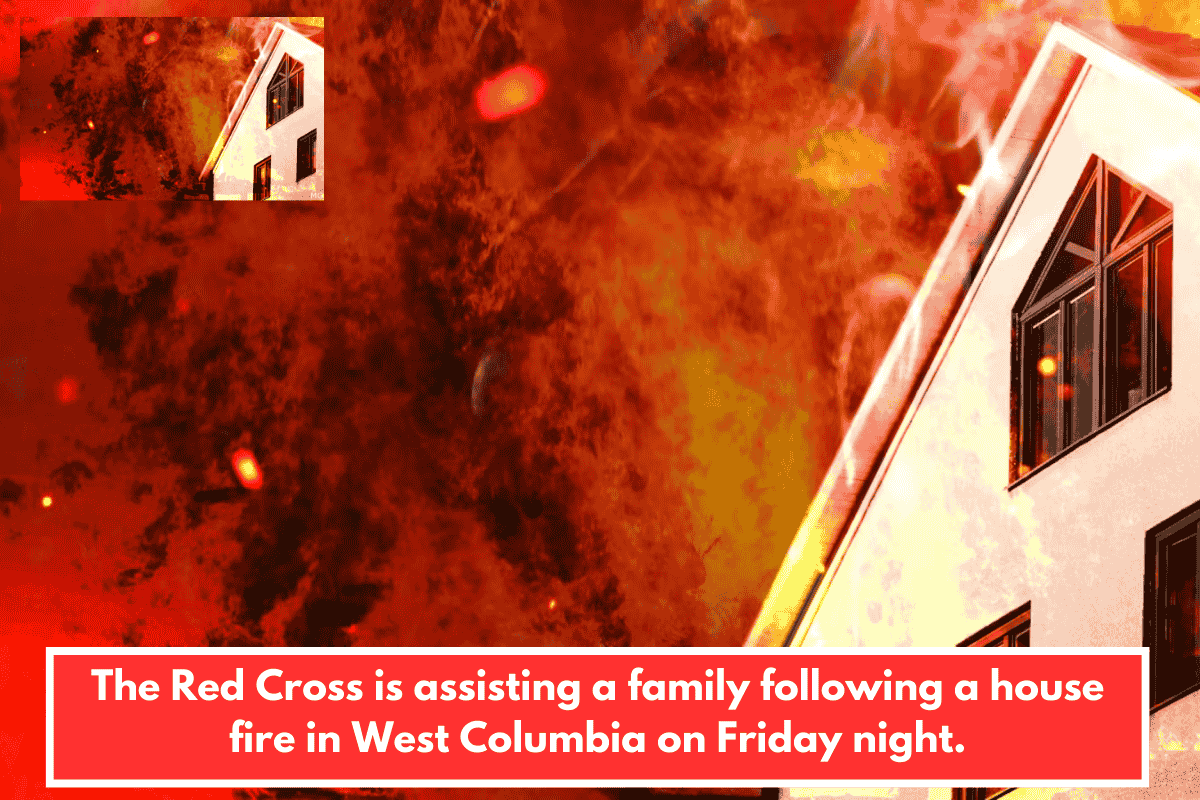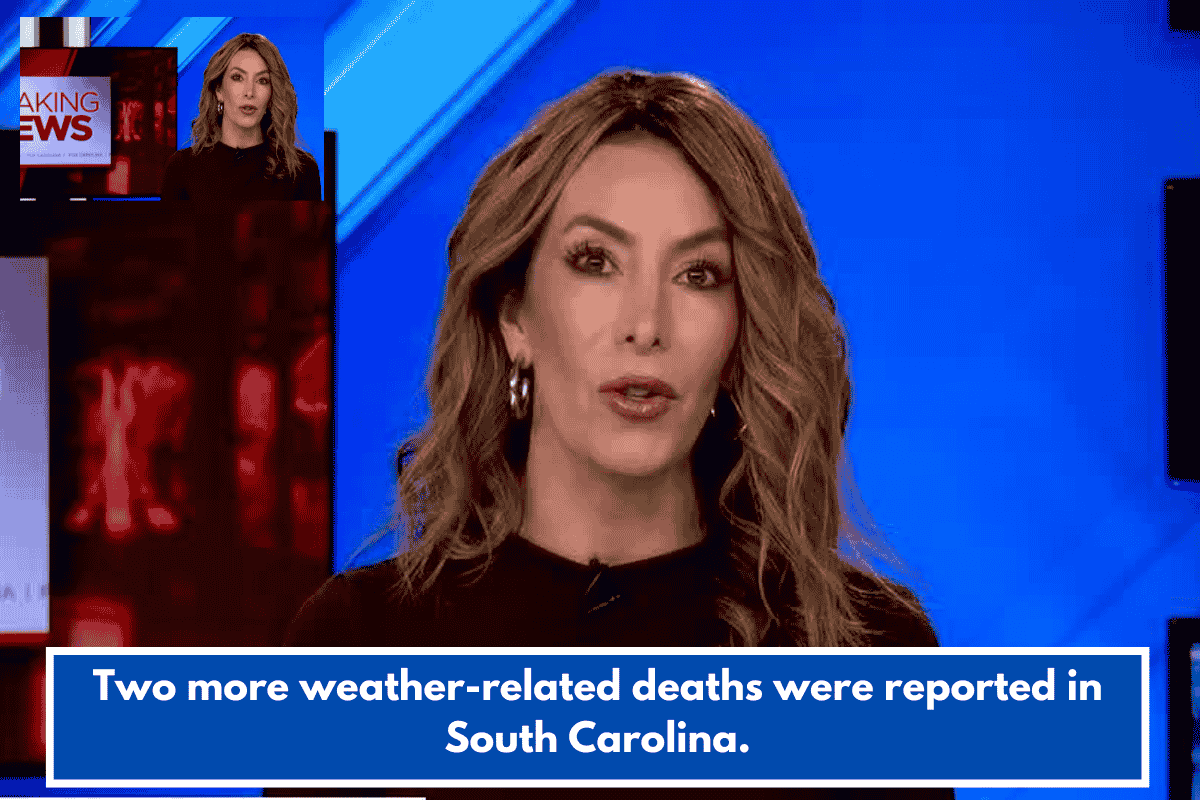New Orleans, La. – Alanna Singleton, a 54-year-old woman, was tragically killed on August 3, 2023, in a murder-suicide by her boyfriend, Paul Varnado, just under two months after a protective order was filed on her behalf.
Timeline of Events
According to authorities, Varnado shot and killed Singleton at her home around 9:40 a.m. before turning the gun on himself. The incident occurred despite a protective order that was issued against Varnado, following a violent altercation on June 24. During that fight, Varnado allegedly threw Singleton down a flight of stairs, leading to the issuance of the order, which required him to stay at least 100 yards away from her.
The altercation on June 24 reportedly began when Varnado accused Singleton of having his car keys and cellphone. Court records indicate that after the fight, Singleton was left severely bruised and bleeding. Varnado was arrested that day and charged with domestic abuse battery. He was later released after signing the protective order.
Continued Contact and History of Abuse
Despite the court order, authorities say Varnado continued to contact Singleton after his release. This marked the second protective order Singleton had filed against Varnado in a matter of months. The first order was filed in March, but it was dropped in May. The order issued in June was still active at the time of Singleton’s death and was set to remain in effect through the end of 2025.
Experts Weigh In on Protective Orders
The tragic incident highlights the dangers that can occur when an abuser feels losing control. Experts, including Abdula R. Greene, a former domestic violence prosecutor and criminal defense attorney, warn that protective orders can sometimes escalate the danger. In a statement to Domestic Shelters, Greene said, “It’s a very dangerous time when a woman wants to leave, whether or not there’s an order in place. Now the aggressor sees they don’t have the control and oftentimes they want to take the control back.”
Domestic Violence and Support
Domestic violence remains a critical issue, and experts urge those experiencing abuse to seek help. If you or someone you know is in an abusive situation, the National Domestic Violence Hotline is available 24/7 at 1-800-799-7233 or through thehotline.org. All calls are toll-free and confidential, and assistance is available in more than 170 languages.

